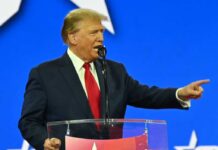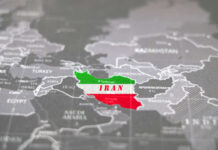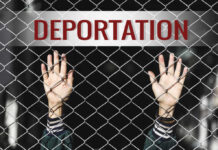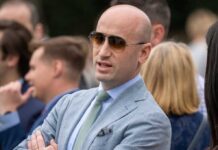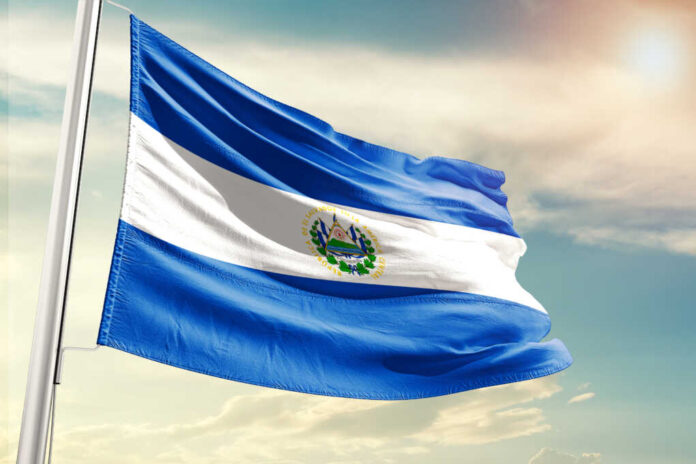
A top constitutional lawyer who publicly challenged President Nayib Bukele has been arrested, escalating fears that El Salvador is criminalizing dissent under the guise of anti-corruption.
At a Glance
- Enrique Anaya, a leading Bukele critic, arrested for alleged money laundering
- His detention follows the embezzlement charges against fellow critic Ruth Lopez
- Human rights groups say arrests represent a broader campaign to silence dissent
- Bukele’s government defends actions as necessary to fight corruption and crime
- The international community has raised concerns over eroding civil liberties
Authoritarian Overtones
Enrique Anaya’s arrest marks a chilling moment for civil liberties in El Salvador. A renowned constitutional lawyer and vocal opponent of President Nayib Bukele, Anaya was charged with money laundering just days after forecasting his own detention on national television. His public comments—warning that “whoever speaks, whoever criticizes…gets imprisoned”—have now taken on the tone of prophecy.
The pattern is hard to ignore. Just weeks earlier, fellow legal expert and critic Ruth Lopez faced embezzlement charges, triggering alarm bells among civil society groups. According to DW News, rights organizations argue that these legal actions form part of a calculated strategy to suppress opposition voices under the pretext of criminal investigations.
Watch a report: El Salvador’s president is locking up his critics.
Popular Support, Global Backlash
Despite the crackdown, Bukele remains extremely popular within El Salvador. His reelection in February 2024 saw him capture 85% of the vote, buoyed by widespread support for his aggressive tactics against crime and gangs. However, his victory came after a controversial Supreme Court ruling allowed him to seek consecutive terms, sidestepping a constitutional ban.
Bukele has brushed off allegations of authoritarianism. “I don’t care if they call me a dictator,” he declared. “I’d rather be called a dictator than see Salvadorans killed in the streets.” The government maintains that its critics are part of a corrupt political class clinging to lost influence, while portraying arrests like Anaya’s as essential for national integrity.
Still, watchdog groups and international observers remain unconvinced. The Inter-American Commission on Human Rights has expressed growing alarm over the treatment of civil society leaders, warning that the country’s legal system may be drifting toward politicization.
Implications for Democracy
These developments raise fundamental questions about the future of democracy in El Salvador. Is this the necessary hardline approach of a reformist leader, or a prelude to authoritarian consolidation? The contrast between Bukele’s internal approval and external criticism is becoming starker.
A recent video documenting these arrests has drawn tens of thousands of views, serving as a vivid reminder that public perception—and historical judgment—may eventually diverge from current domestic polling. As Bukele tightens his grip, the rest of the world is left to assess whether El Salvador is witnessing justice—or retribution.



